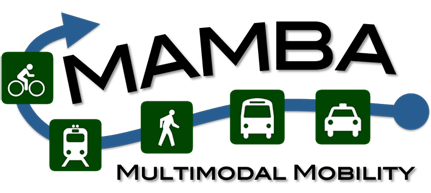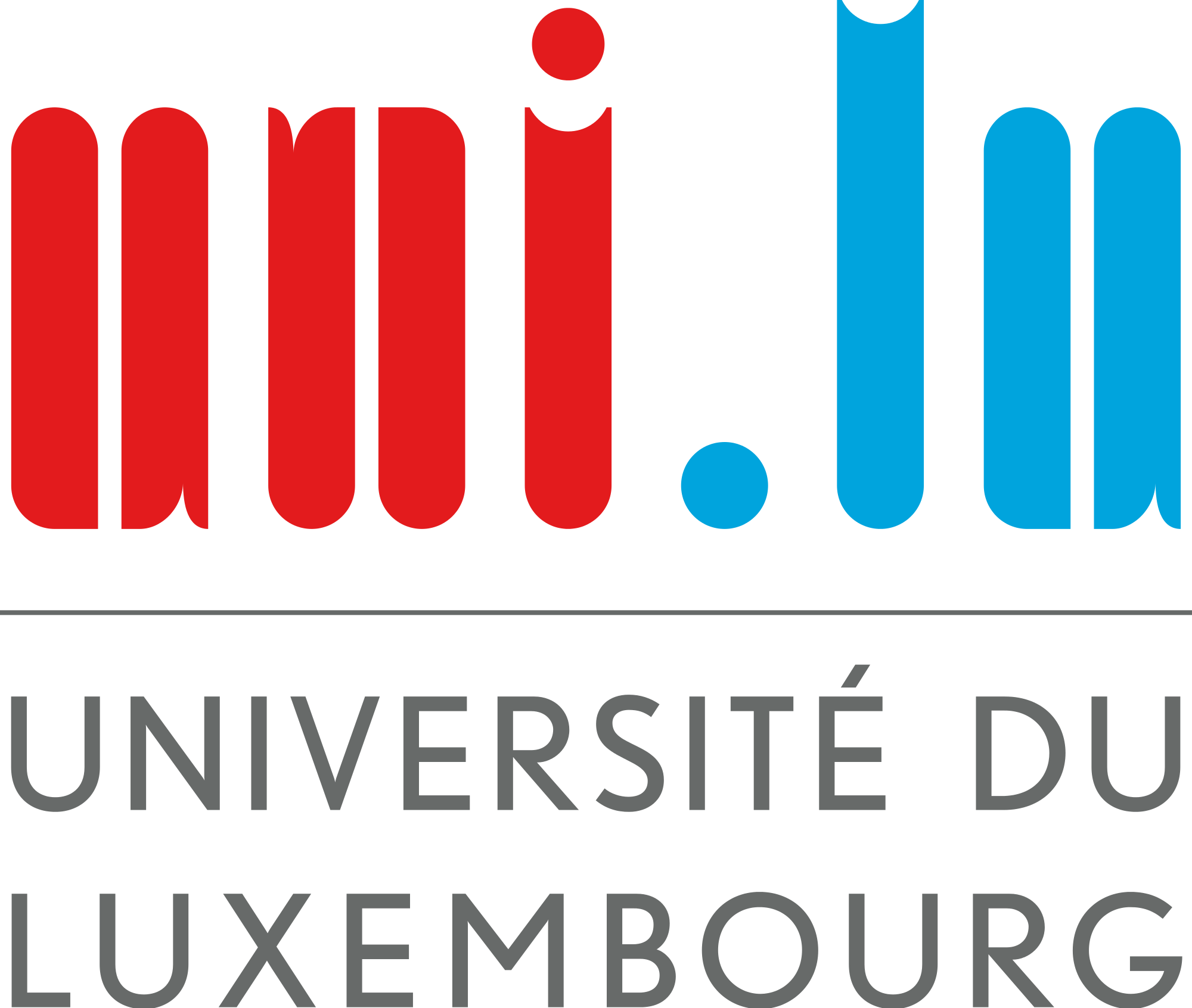
In Luxembourg, mobility has become a socio-economic issue over the years due to the large number of foreign commuters who cross the border everyday causing significant travel delays on the transportation network. Recently, several actions have been taken to reduce traffic congestion and improve public transport services, especially in urban environments where the road network cannot be easily extended.
The deployment of new ICT solutions is currently an effective way of managing transportation systems in real time.For instance, traffic jams can now be detected with the help of mobile phones that act as traffic sensors. The locations of buses and trains can be monitored in real time to inform the passengers about possible delays. This data feeds travel information and route-planning services, allowing more efficient and prompt travel choices. What is still missing is a holistic mobility concept that spans the entire ecosystem of transportation possibilities and dynamically optimizes its usage based on demand.
The MAMBA (MultimodAl MoBility Assistance) project intends to propose and validate a multimodal mobility platform that relies on new Internet technologies to interconnect different mobile services with the aim of providing relevant travel advice based on users’ contexts, so as to optimize overall system performance. Taking into account real time traffic conditions, the status of existing public transport services (e.g., buses, trains) and user preferences, a personalised travel assistant will proactively suggest the best transportation possibility to reach a desired destination while also balancing the load over the different transportation modes in the multimodal system.
The key to the success of such a mobility concept is to consider online and other relevant data of all the actors that are part or make use of the transportation network. One aspect of this project is the analysis of large mobility datasets (e.g., mobile phone traces) that provide important information on how people move. A detailed evaluation study is planned to identify transit demands by taking into account different data sources. Luxembourg, due to its size and geographical location, is the ideal candidate to showcase such a service on a countrywide scale. Local transport operators will benefit from the output generated by the project, for example to better plan their services and resources.
Optimizing urban transportation services may be achieved in different ways. For example, by limiting or avoiding unnecessary journeys, one can significantly disencumber the road network. Providing drivers with incentives not to use their cars during rush hour, if possible, or to make a more efficient use of cars by means of sharing solutions (e.g., carpooling) is currently being investigated by the partnering FNR CORE I‑GEAR project and by a Marie Curie Career Integration Grant project proposal (InCoMMune) currently under review. The results of those studies will be used as an input and linked to this project. Similarly, the tangible outputs of the still-running FNR CORE MOVE project will provide important building blocks to achieve the holistic mobility framework.
By taking into account all those sources of information, we will be able, via a new smartphone application, to optimize the already existing public transport network and influence the itinerary of the users by suggesting new multimodal routes based on their preferences. This concept will also help better plan new transportation services, e.g., public electric vehicles that can be used as last mile transportation to reduce the incoming and outgoing vehicular traffic in the city. Ultimately, by exactly knowing all travel plans in advance, such a concept will lead to demand-driven transportation services and help adapting low-demand routes (e.g., avoiding empty buses), thus reducing the overall energy footprint.
Project duration: 01.04.2014 - 31.03.2018.
